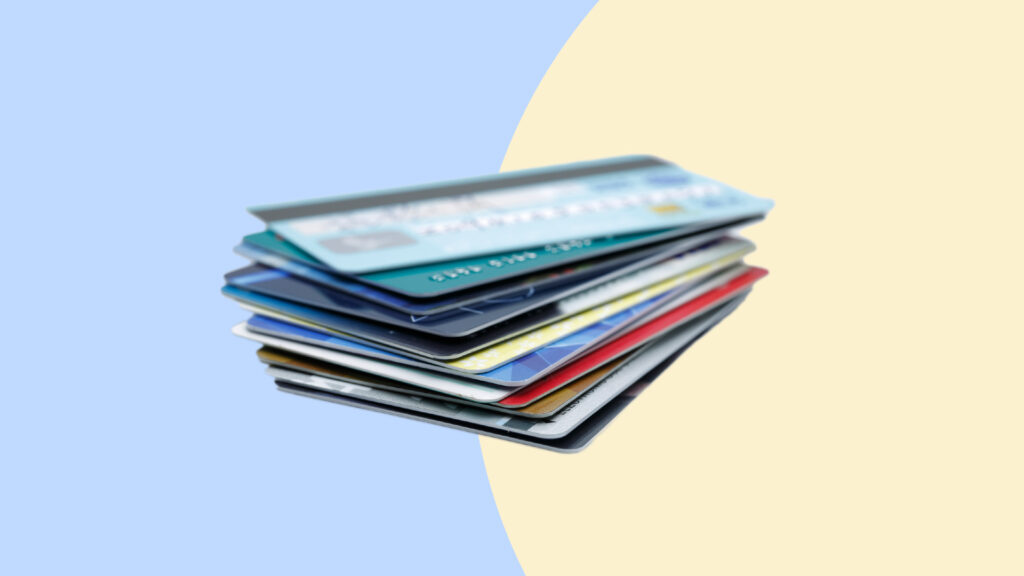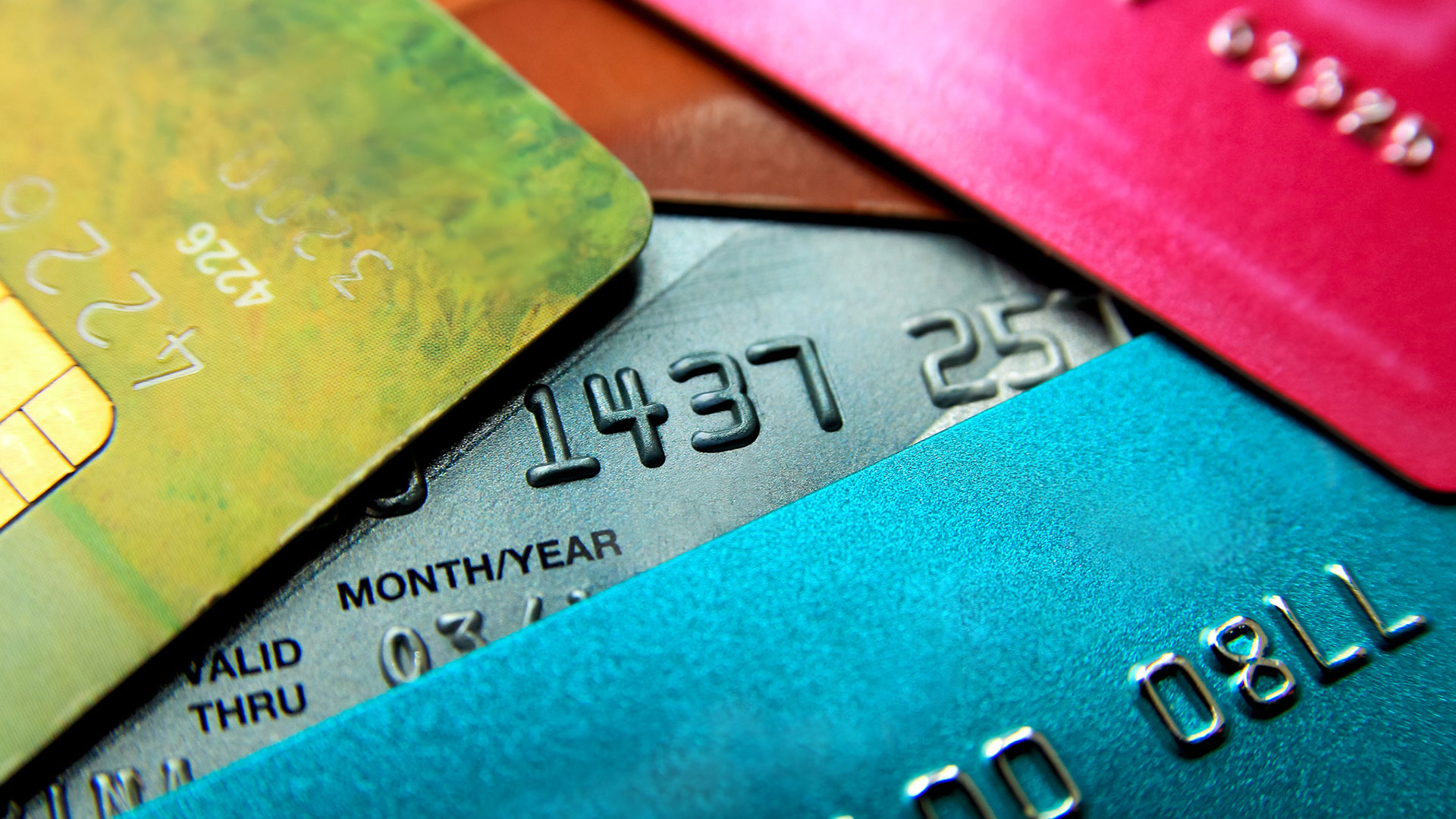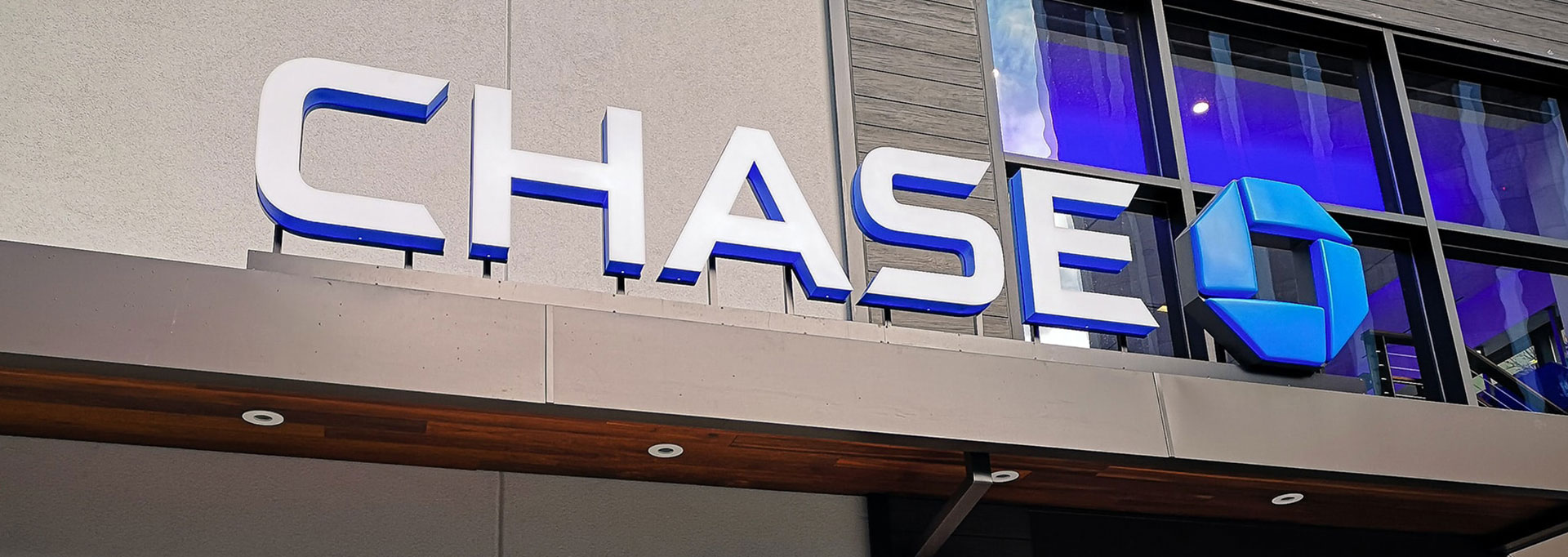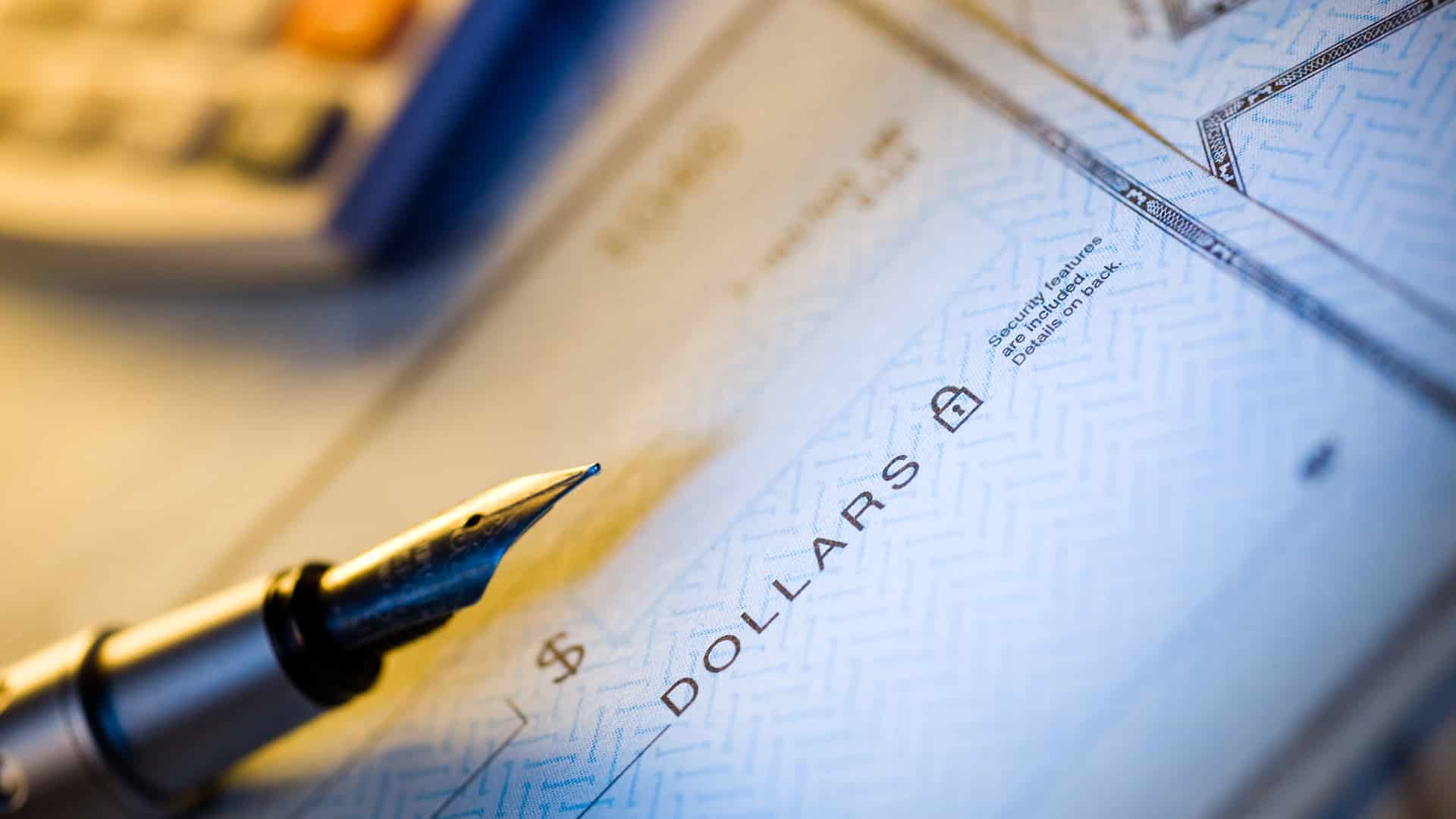Most products on this page are from partners who may compensate us. This may influence which products we write about and where and how they appear on the page. However, opinions expressed here are the author's alone, not those of any bank, credit card issuer, airline or hotel chain.
Getting a credit card can be a great way to establish credit if you manage the new account in a responsible manner. Yet
On a positive note, it’s
Why Lenders Care About Credit History and Scores
If you’ve never opened a loan or credit card in the past, you may not have any credit history established. This means that your credit report could be blank, other than your personal information.
Quick Tip
Even if you believe you have no credit history, it’s important to check your credit reports to confirm this fact. Credit reporting errors do happen, and it’s your responsibility to dispute them with the appropriate credit reporting agency.
In the event you have no credit history, you’re unlikely to qualify for a credit score from FICO® or VantageScore. To be eligible for a FICO Score, for example, your credit report must have:
- An account that’s been open for at least six months, plus
- An account that’s been reported to the credit bureau within the last six mont
hs
Lenders and credit card companies use credit scores to evaluate potential borrowers and predict risk. A credit score tells lenders how likely an applicant is to pay their credit obligations late (by 90 days or worse) in the future.
If you apply for a new account without a credit score, a lender is forced to operate in the dark. As a result, some lenders may be unwilling to take the risk of doing business with a consumer who has no credit score. Without a credit score, a lender doesn’t have any tool it can use to predict whether an applicant will pay their bills on tim
 Related Article
Related Article
How to Monitor All Three of Your Credit Scores for Free
How To Get a Credit Card With No Credit
When you have no credit history and no credit score, it’s important to be selective about the types of credit you seek. It might be tempting to apply for the best rewards credit cards or cards with the best sign up bonuses when you begin your credit-building journey. Yet
As a consumer with no previous credit history, it’s better to focus on credit card offers for which you’re more likely to qualify. Consider the following
- Student Credit Cards: Even with no credit history or limited credit history, you might be eligible to open a student credit card. Many of these credit cards feature advantages like no annual fees, limited rewards, an
d best of all, they typically don’t require good or excellent credit to qualify. These types of credit cards usually require applicants to be enrolled in college. - Secured Credit Cards: Secured credit cards may be a sound choice for people with no credit and those with bad credit alike. When you open a secured credit card, you provide a security deposit that’s typically equal to the credit limit on your account. This deposit reduces the card issuer’s risk. Therefore, even with no credit or a lower credit score, you may have better odds of qualifying for this type of accoun
t.
In addition to opening an account in your own name, you may also consider becoming an authorized user. Being an authorized user on a family member
Keep in mind that you’ll want to avoid being an authorized user on credit cards with late payment history or accounts with high credit utilization rates. Being an authorized user on these types of cards might hurt your credit score instead of helping you establish good cre
Factors To Consider When Choosing a Credit Card for No Credit
Choosing a credit card can be exciting. Yet
- Does the credit card report to all three credit bureaus? A credit card has the potential to be a powerful credit-building tool. However, not all creditors report payment history to Equifax, TransUnion and Experian. Some smaller banks and credit unions, and even certain online lenders, may only report account activity to one or two credit bureaus rather than all three. It’s important to confirm that the credit card you’re considering will appear on all three of your credit reports before you apply for it.
- Is there an annual fee? Just because a credit card features an annual fee doesn’t mean you should avoid it. Yet
, before you open an account with an annual fee, it’s wise to make sure that the benefits the credit card offers outweigh the cost of the fee the card issuer charges each year. - Can you earn rewards? Some student credit cards and even a few secured credit cards give cardholders the opportunity to earn modest rewards when using the account. If you’re comparing two credit card options and only one of them features rewards-earning potential, you might prefer to open the card that offers reward
s.
As you search for your ideal credit card when you have no previous credit history, look for credit card issuers who are willing to work with consumers in your position. From there, make a list of the top cards with features that appeal to you. These steps should make it easier to narrow down your choices.
Most of all, remember to manage your new credit card with care after you open it. The primary goal of your new account is to help you establish good credit. So, you’ll want to create habits of paying on-time payments and always paying your full statement balance by the due date. Following these rules can help you avoid interest charges, keep your credit utilization ratio low (and, hopefully, your credit scores high), and get the most out of your new credit card both now and in the futur
Best Credit Cards
Visit the Marketplace


















